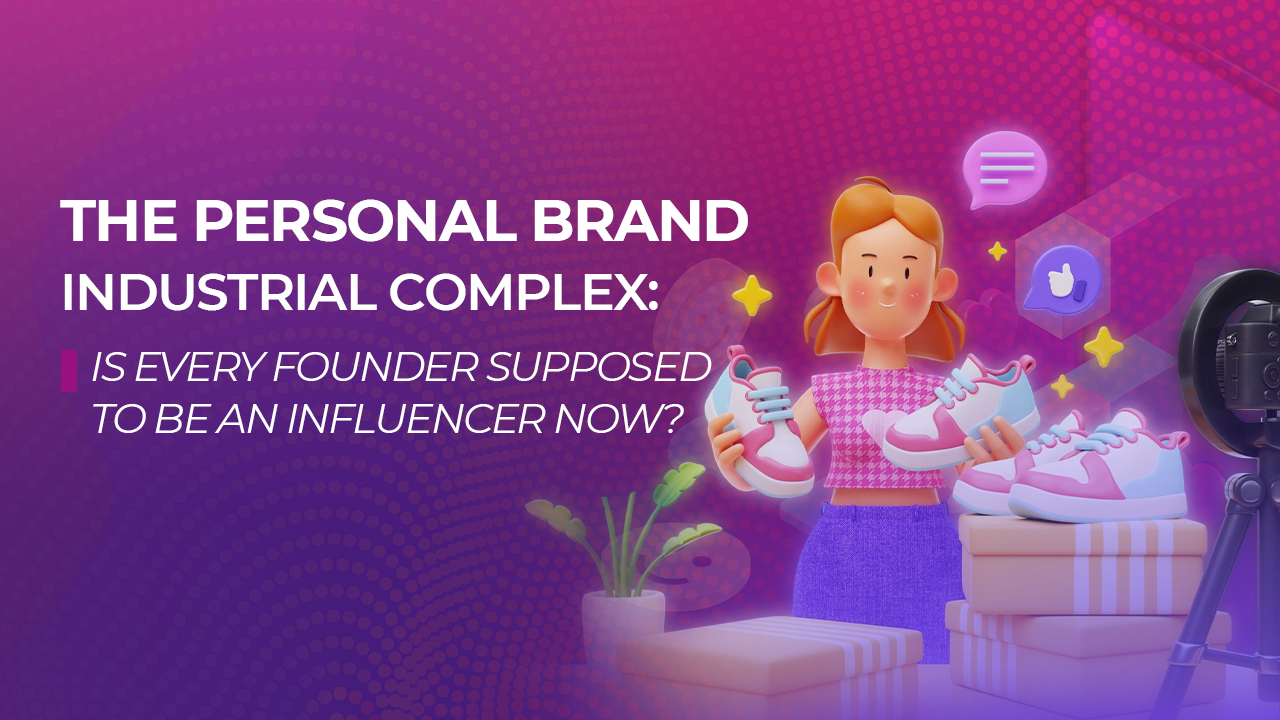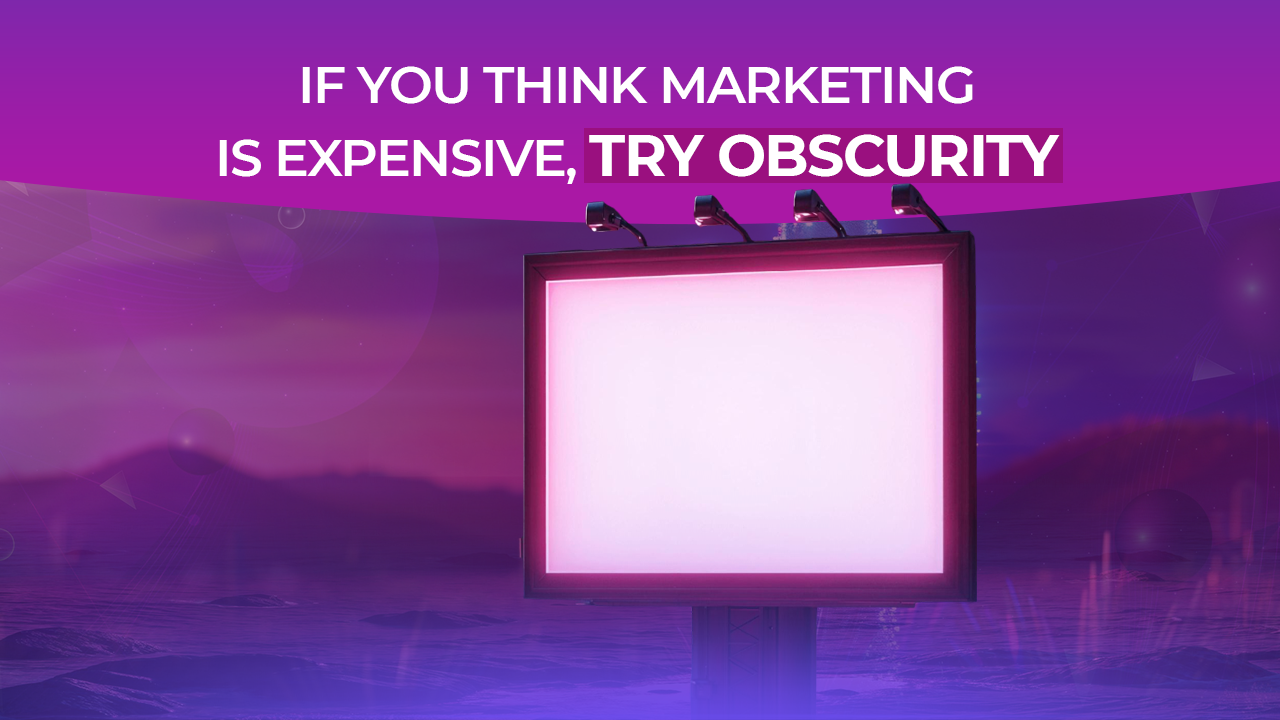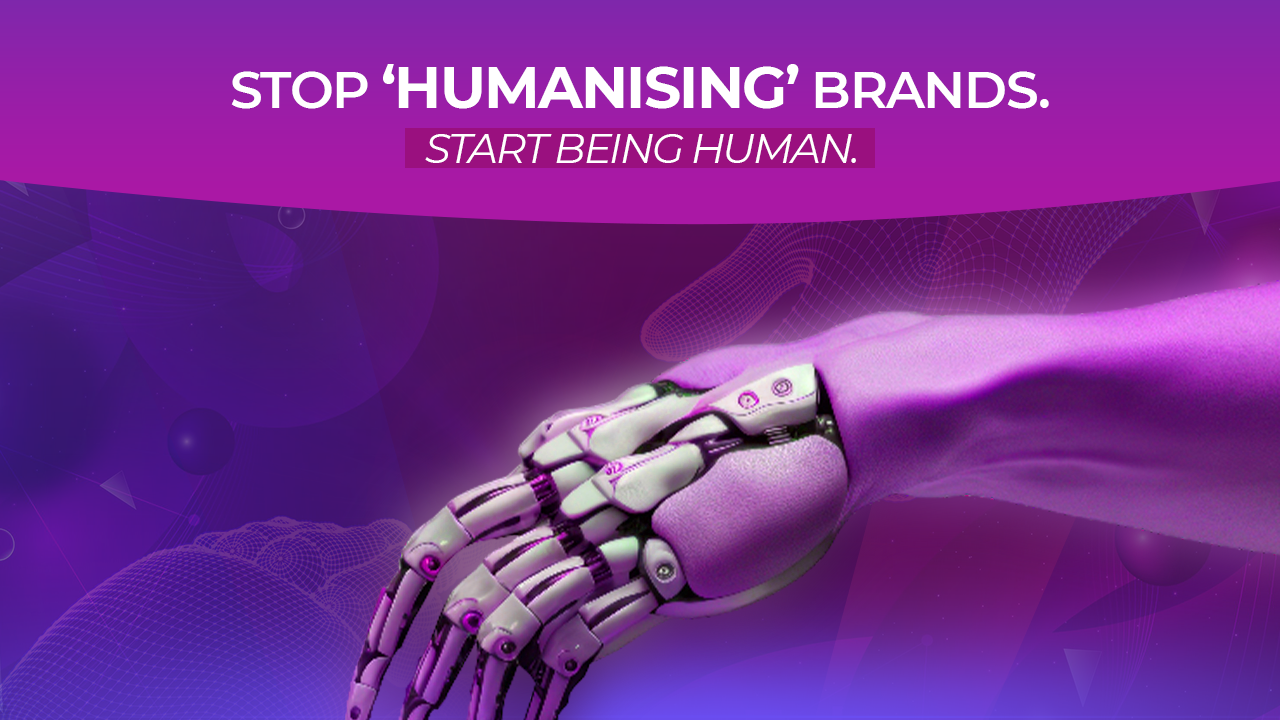 Back to Blogs
Back to Blogs
Ethics in AI: The Line Between Innovation and ‘Oops’
It always starts with a good idea.
A chatbot to reduce customer service wait times. A recommendation engine that knows what your users want before they do. A content generator that fills your calendar in minutes. It feels like magic. It feels like progress. Until it doesn’t.
Until your AI tool starts reinforcing harmful stereotypes. Or a customer finds out their data was scraped without consent. Or your marketing campaign accidentally targets vulnerable groups in ways you didn’t intend. That’s when innovation quietly crosses into oops. And that’s exactly why AI ethics in marketing isn’t some abstract academic debate. It’s the line between building something brilliant and breaking trust.
As marketers, we’re no strangers to disruption. We’ve seen it in the way social media reshaped storytelling, the way algorithms defined virality, the way mobile-first changed everything. But AI is different. It’s not just a tool. It’s a decision-maker. It analyses, personalises, optimises. And if we’re not careful, it can also manipulate, discriminate, and alienate.
So here’s the real question: how do we keep our digital innovation strategy forward-thinking without forgetting our moral compass?
Let’s get one thing straight. AI doesn’t come into the world neutral. It’s trained on data…our data. That means every bias, assumption and inequality baked into our systems can end up baked into the algorithms we rely on for AI-driven marketing solutions.
From facial recognition tools that fail to recognise darker skin tones to language models that perpetuate gender stereotypes, the consequences of unethical AI use are real, especially when they creep silently into marketing campaigns. You might think you’re segmenting for performance. But you could be reinforcing bias. That’s not just a technical glitch. That’s a human one.
And the truth is, many businesses don’t even realise it’s happening until it’s too late.
It’s easy to assume that ethics belong to the people coding the AI, the ones building the models and setting the parameters. But in reality, anyone using AI in decision-making, especially in marketing, holds a piece of that responsibility.
When you use AI-generated insights to plan a campaign, or lean on predictive analytics to define your audience, you’re part of the loop. And if something goes wrong – if your content discriminates, your targeting exploits, or your automation ignores context, it’s on you, too.
This is why responsible AI development must become a team sport. It’s not just a job for data scientists. It’s something your strategy team, your brand leads, your content creators, even your legal counsel need to be in on. At Mirra Digital, we’ve seen how crucial this cross-functional awareness is, especially as brands race toward automation without pausing to question the ethics behind the engine.
⇥ Trust Is the Currency. Ethics Is the Wallet.
Modern consumers are not naive. They know their data has value. They know AI is being used to nudge them, watch them, sometimes even predict their emotional state. What they want to know is: Are you being responsible with that power?
Ethical use of artificial intelligence isn’t about slowing down innovation. It’s about protecting the very thing innovation needs to thrive…trust.
And that trust doesn’t come from shiny tech or clever campaigns. It comes from transparency. From knowing where your data comes from. From ensuring your AI doesn’t cross lines it shouldn’t. From building systems that respect boundaries, not just exploit opportunities.
⇥ So, What Does Ethical AI in Marketing Actually Look Like?
It looks like questioning your data sources. Asking whether your AI outputs are fair and inclusive. Choosing vendors who prioritise responsible AI development, not just performance. It looks like working with partners who offer ethical tech consulting, people who help you zoom out and see the implications before they hit headlines.
At Mirra Digital, our approach to AI integration services isn’t just about speed or sophistication. It’s about ensuring that every solution we deliver meets a standard we can be proud of – a human one.
Because the truth is, it’s not a question of whether AI will shape the future of marketing. It already is. The real question is: Will we shape it responsibly?
We’re all rushing to automate, optimise and personalise at all costs, maybe the bravest thing we can do as marketers is pause. Reflect. And ask, are we building something smart, or something good?
That’s the real innovation. And that’s the line we’re choosing to stay on.
AI might be reshaping the landscape, but it’s still up to us; the strategists, the storytellers, the marketers, to draw the lines that matter. At Mirra Digital, we may not build the algorithms, but we ask the right questions before putting them to work. Because in a pool of automation and endless optimisation, a little human judgment still goes a long way.
Looking to craft campaigns that are smart, responsible, and deeply in tune with your audience? Let’s talk!






